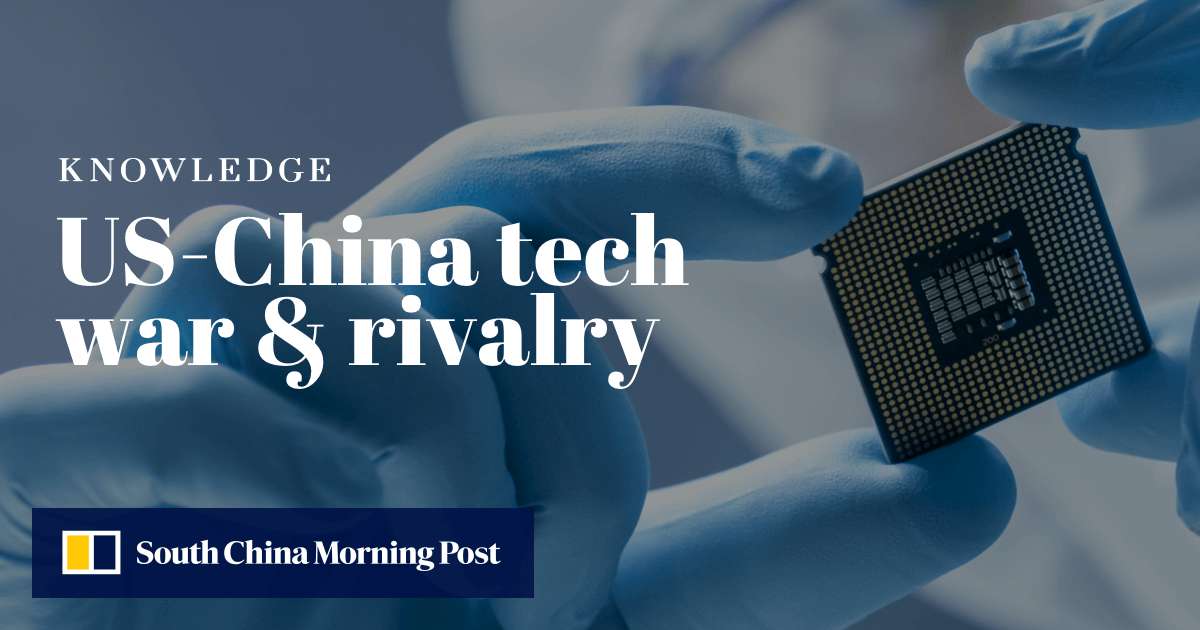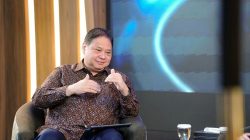The Fragile Alliance Between US Tech Elite and the Populist Right
The relationship between America’s tech elite and the populist right, particularly under the influence of Donald Trump, is becoming increasingly complex. Analysts warn that this uneasy alliance could have long-term consequences for the United States’ ability to compete with China in the global technology arena. By potentially cutting off access to foreign talent and disengaging from global markets, the tech sector may inadvertently weaken its competitive edge.
Rising Tensions and Strategic Shifts
The growing collaboration between the tech industry and the defense sector has raised concerns among experts. A new initiative involving senior tech executives joining the Army Reserve highlights this trend. This development suggests that “tech hawks” within the industry may become more aggressive in their approach towards China, possibly escalating tensions in the process.
Since Trump’s return to the White House, the political influence of tech leaders has expanded significantly. Their potential impact on China strategy in the coming years is a topic of intense discussion. However, the public rift between Trump and Elon Musk underscores the fragility of this alliance. While both sides share some common goals, such as deregulation and dismantling diversity, equity, and inclusion (DEI) programs, their priorities often clash.
Impact on US-China Tech Competition
Shi Bowei, a research fellow at the Zhejiang Party School, emphasizes the importance of monitoring the deepening cooperation between US tech firms and the defense sector. He questions whether tech leaders will shift away from their traditional stance of avoiding excessive foreign entanglements and instead embrace a more assertive, interventionist posture. This evolution could lead to a more militaristic approach, which might have significant implications for US-China relations.
Shi also notes that the tensions between the tech elite and the Make America Great Again (MAGA) movement could undermine efforts by the tech right to reshape US politics. The positions, influence, and political trajectory of the “pragmatic and opportunistic” tech elite are crucial factors in determining the outcome of the US-China tech competition.
Diverging Priorities and Potential Consequences
Kyle Chan, a postdoctoral researcher at Princeton University, highlights the broader tensions between MAGA and the tech right. While they share some goals, their priorities are fundamentally different or even at odds. For instance, the tech right’s focus on immigration policies could backfire when competing with China, as it might limit access to the foreign talent needed to maintain a competitive edge.
Adam Thierer, a senior fellow at the R Street Institute, points out that growing tensions between the tech right and the populist right over trade, immigration, antitrust, and cultural issues are straining the coalition that helped Trump win re-election. As the balance of power shifts in favor of the populist right, US tech firms might disengage from global markets, despite Washington’s emphasis on competing with China in AI.
Shifting Strategies and National Security
Over the past year, a powerful group of tech figures has forged strong ties with the White House and federal agencies, shaping policies on crypto, AI, and defense. Key appointments, such as Emil Michael to a top Pentagon position and David Sacks as the White House’s crypto and AI tsar, illustrate this trend.
Chan also notes that the tech sector’s embrace of the national security establishment is influencing the US posture towards China. Once seen as an incredible business opportunity, China is now perceived as a threat, driving Silicon Valley’s collaboration with the US defense industry.
Adam Segal, director of the digital and cyberspace policy programme at the Council on Foreign Relations, highlights the ongoing motivation of the tech right due to the rivalry with China. While Musk’s voice was closer to the president and argued for limits on tech competition in areas where he has economic interests in the PRC, the benefits of aligning with MAGA still outweigh the costs.
Divergent Views Within the Tech Sector
Josef Gregory Mahoney, a professor at East China Normal University, explains that American tech executives are divided between those seeking access to the Chinese market and those aiming to thwart rivals from China. The latter group aligns more closely with Washington’s current strategy.
As the landscape continues to evolve, the interplay between the tech elite, the populist right, and China’s technological ambitions will be critical in shaping the future of global technology leadership.







